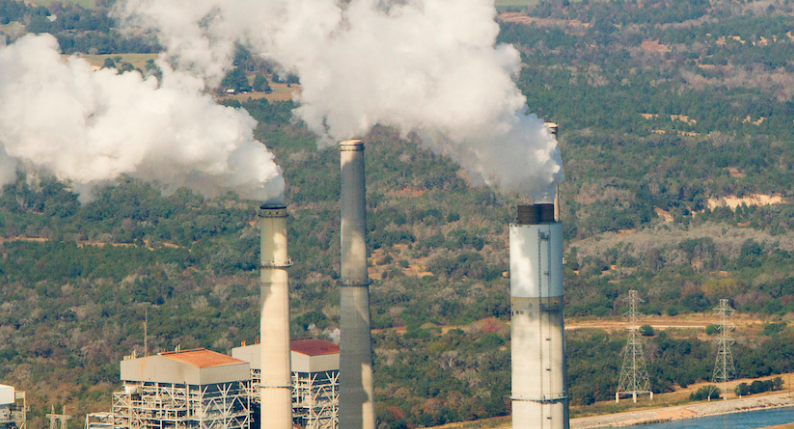
Today, Sierra Club has agreed not to oppose a settlement to conclude the Xcel rate case currently pending at the Public Utility Commission of Texas (PUC). While Xcel operates as Southwestern Public Service (SPS) in the contiguous Texas and New Mexico service territories, this rate case is only applicable to the Texas customers. A settlement had already been reached in Xcel’s New Mexico rate case, in which Sierra Club’s advocacy had helped to secure a positive outcome related to the utility’s Texas-based coal plants.
In a separate Texas agreement between Xcel and Sierra Club, which will not be submitted to the PUC for approval, Xcel reaffirmed its commitment to retire the Tolk Generating Station (Tolk) no later than 2032--a commitment that Sierra Club’s work was instrumental in pushing in New Mexico. Tolk is a 1,050-megawatt, coal-fired power plant located in the Texas Panhandle and provides electricity to both New Mexico and Texas.
In addition, Xcel agrees to provide Sierra Club advance notice if Xcel intends to resume the practice of self-committing its coal-fired power plants, including Tolk or its Harrington Generating Station near Amarillo, Texas. Self-committing is a process where a utility such as Xcel decides to run a generating plant regardless of market prices--even when it is uneconomical to do so. Sierra Club’s position is that self-committing coal units is a bad deal for ratepayers, because it means that utilities pass along unnecessary costs to customers--costs that could be avoided if the plant weren’t running--and ratepayers then end up paying substantially more than they should for their energy. Self-commitment is also bad for public health and the environment, as it can result in more dispatch of coal-fired power plants than should be happening under market signals.
Earlier this year, Sierra Club joined an uncontested comprehensive agreement in a parallel proceeding before the New Mexico Public Regulation Commission, which determines whether Xcel Energy can change electricity rates in New Mexico. That public agreement among all the parties in the New Mexico case also includes a commitment by Xcel Energy to retire the Tolk coal plant in Texas in 2032.
The New Mexico agreement also requires Xcel to conduct a formal study evaluating earlier retirement scenarios for Tolk--considering the plant’s economic decline and the depletion of the Ogallala aquifer, where Tolk withdraws millions of gallons a day in cooling water--as well as for Harrington. The New Mexico settlement was approved today by the New Mexico Public Regulation Commission.
All of the parties have either agreed to the terms of the settlement in Texas or do not oppose the settlement, which will require approval by the PUC approval.
In response to this agreement, Chrissy Mann, Senior Campaign Representative with the Sierra Club’s Beyond Coal Campaign in Texas, released the following statement:
“Sierra Club is pleased to see a commitment from Xcel in Texas to accelerate the retirement of the Tolk Coal Plant to no later than 2032. Xcel should be planning to rapidly replace all of its coal with plentiful Texas sun and wind--clean, renewable, low-cost sources of power that are bolstered by ever more accessible storage technologies. We look forward to the day where we can fully celebrate Xcel’s climate commitments in Texas and we hope to work with partners, including Xcel, to make these commitments a near-term reality.”
Background:
In 2019, Xcel filed separate applications in Texas and New Mexico to increase its rates charged to customers in those jurisdictions. Xcel operates two large coal plants (Tolk and Harrington) in the Texas panhandle that serve customers in both Texas and New Mexico. Xcel sought regulatory approval to change the depreciation schedule for the Tolk plant to reflect a 2032 retirement date, whereas the plant was previously not set to retire until years later. Tolk uses groundwater in the arid Texas Panhandle, thus Xcel wants an earlier retirement than previously planned in part due to lack of groundwater availability. Sierra Club’s expert analysis has found, however, that an even earlier, pre-2032 retirement for both Xcel coal plants would likely result in additional cost savings, pollution reduction, and water conservation--benefitting both ratepayers’ pocketbooks and the environment.